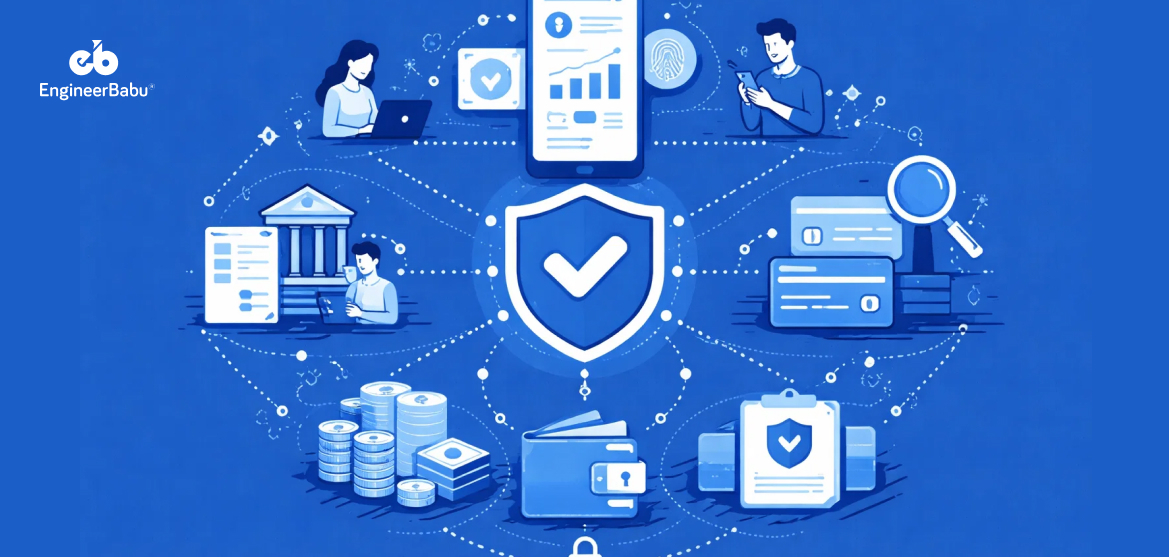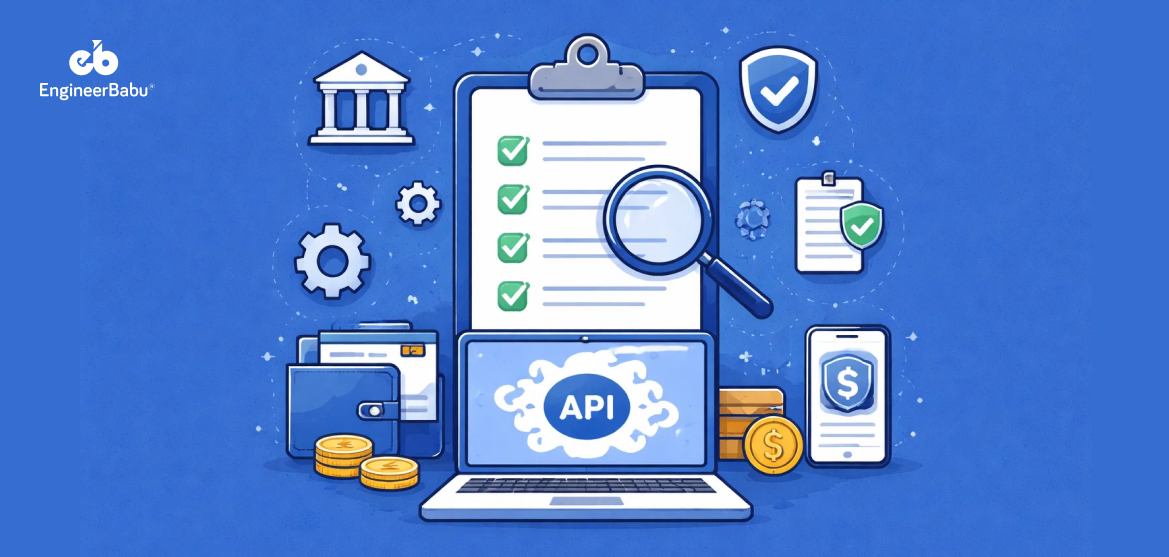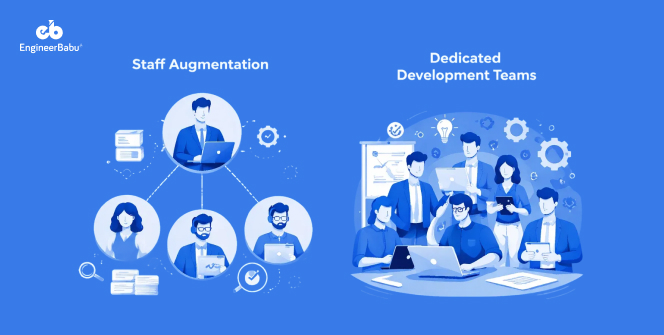The total investment depends on various factors, including feature set, platform choice (iOS, Android, Web), backend infrastructure, security measures, and scalability. If you’re a startup founder, business owner, developer, or investor, understanding these costs is crucial before diving into development.
This guide breaks down:
- Key features needed to build a video conferencing app
- Factors influencing development costs
- Estimated budget ranges
- Best technology stacks to use
- Challenges and ways to reduce costs
By the end, you’ll have a clear idea of what it takes to develop a scalable, secure, and competitive video conferencing platform.
Essential Features of a Video Conferencing App
A successful video conferencing app needs to offer a seamless user experience, ensuring high-quality video and audio communication. Below are the key features that a Zoom-like app must have:
1. User Registration & Profiles
Users should be able to sign up using email, phone number, or social media. Profile management features should include:
- Profile picture
- Contact list
- Meeting history
2. Video & Audio Calls
High-definition (HD) video and noise-canceling audio are essential for professional communication. The app should support:
- One-on-one calls and group meetings
- Mute/unmute options
- Video on/off toggle
3. Screen Sharing & Presentation Mode
Users should be able to share their screen during meetings, which is crucial for business and education use cases. This includes:
- Full-screen sharing
- Specific application/window sharing
- Whiteboard feature for real-time collaboration
4. Chat & Messaging
A built-in chat system allows participants to send text messages, links, and files during meetings. Key chat features include:
- Private and group messaging
- Emojis & GIF support
- Message history
5. Virtual Backgrounds & Filters
Zoom’s virtual background feature is popular for professional and fun use. Adding AI-powered background blur and custom filters enhances user engagement.
6. Meeting Scheduling & Reminders
Users should be able to schedule meetings in advance, with calendar integrations (Google Calendar, Outlook). Features include:
- Automatic reminders via email/SMS
- Recurring meeting options
7. End-to-End Encryption & Security
Privacy is crucial in video conferencing apps. Must-have security features:
- End-to-end encryption for calls and chats
- Meeting passcodes & waiting rooms
- Host controls (mute participants, remove users, lock meetings)
8. Multi-Platform Support
Your app should work across iOS, Android, Windows, Mac, and Web browsers for maximum accessibility.
9. Cloud Recording & Storage
Users should be able to record meetings and store them in the cloud. Features include:
- Auto-record option
- Storage space limits based on plan
10. Integration with Third-Party Apps
For business users, integrations with Slack, Trello, Dropbox, and CRM tools improve productivity.
Factors Influencing Development Costs
The cost of building a video conferencing app like Zoom depends on multiple factors. Here’s what impacts the overall budget:
1. Features & Functionality
More features mean higher development costs. A basic MVP with video calling, chat, and screen sharing can cost $30,000 – $50,000, while an advanced app with AI-based noise cancellation, virtual backgrounds, and cloud recording can exceed $200,000.
2. Platform Choice (iOS, Android, Web, Desktop)
- Single platform (iOS or Android): Lower cost, around $30,000 – $80,000
- Cross-platform (iOS, Android, Web, Desktop): Higher cost, around $100,000 – $300,000
Using frameworks like React Native or Flutter can reduce costs compared to building separate native apps.
3. UI/UX Design Complexity
A simple, minimal UI costs less, while a custom design with animations, transitions, and intuitive layouts increases expenses. Design costs range from $5,000 to $25,000 depending on complexity.
4. Backend Development & Infrastructure
A video conferencing app requires powerful backend architecture to handle real-time video streaming.
- Cloud servers (AWS, Google Cloud, Azure): Monthly costs vary from $500 to $10,000+ depending on usage.
- Database & Storage: Costs depend on meeting recordings and user data storage.
5. Security & Compliance
Security is non-negotiable for video conferencing apps. Essential security measures like end-to-end encryption, GDPR compliance, and data protection add $10,000+ to development costs.
6. Third-Party API Integration
Using third-party APIs reduces development time but adds ongoing costs. Common APIs include:
- Video & Audio Streaming: Agora, Twilio, Vonage ($0.001 – $0.004 per minute per user)
- Chat & Messaging: Firebase, SendBird
- Payment Processing: Stripe, PayPal
7. Development Team Location
The cost of hiring developers varies by region:
- USA/Canada: $100 – $250 per hour
- Western Europe: $80 – $150 per hour
- Eastern Europe: $40 – $100 per hour
- India/Asia: $20 – $50 per hour
A team typically includes:
- Project Manager
- UI/UX Designer
- Frontend & Backend Developers
- QA Tester
8. Maintenance & Updates
After launching, regular updates, bug fixes, and new features require ongoing maintenance costs (10-20% of the total development cost per year).
Estimated Cost Summary
| Development Type | Estimated Cost |
| Basic MVP (Core features) | $30,000 – $50,000 |
| Medium Complexity | $80,000 – $150,000 |
| Full-featured App (Like Zoom) | $200,000 – $300,000+ |
Estimated Development Costs
Now that we’ve covered the factors that influence pricing, let’s break down the estimated cost of developing a Zoom-like app based on different complexity levels.
1. Cost Breakdown by Feature
Each feature in a video conferencing app requires time and resources to develop. Here’s an estimate:
| Feature | Estimated Development Time | Cost Range ($20-$100/hr) |
| User Registration & Login | 80 – 120 hours | $1,600 – $12,000 |
| Video & Audio Calls | 300 – 500 hours | $6,000 – $50,000 |
| Screen Sharing | 100 – 150 hours | $2,000 – $15,000 |
| Chat & Messaging | 150 – 200 hours | $3,000 – $20,000 |
| Meeting Scheduling | 80 – 120 hours | $1,600 – $12,000 |
| Virtual Backgrounds | 150 – 200 hours | $3,000 – $20,000 |
| Security Features | 200 – 300 hours | $4,000 – $30,000 |
| Multi-Platform Support | 300 – 500 hours | $6,000 – $50,000 |
| Cloud Storage & Recording | 200 – 400 hours | $4,000 – $40,000 |
| Third-Party Integrations (APIs, Payments) | 150 – 300 hours | $3,000 – $30,000 |
Total Development Time: 1,500 – 2,800 hours
Total Estimated Cost: $30,000 – $300,000 (varies based on hourly rates and location)
2. Cost Breakdown by Development Type
| Development Type | Estimated Cost |
| MVP (Minimum Viable Product) (Basic video calls, chat, screen sharing) | $30,000 – $50,000 |
| Medium Complexity (MVP + virtual backgrounds, scheduling, security) | $80,000 – $150,000 |
| Fully Featured App (All advanced features, multi-platform) | $200,000 – $300,000+ |
3. Development Cost Based on Team Type
| Development Approach | Estimated Cost | Pros & Cons |
| Freelancers | $30,000 – $80,000 | Lower cost, but may lack expertise in large-scale projects |
| In-House Team | $100,000 – $250,000 | More control over development, but high salary costs |
| Outsourced Development | $40,000 – $150,000 | Cost-effective, but requires careful management |
| Enterprise Software Development Agency | $150,000 – $300,000+ | High quality, full expertise, but most expensive |
How to Reduce Development Costs?
- Start with an MVP → Launch a basic version first and scale over time.
- Use Third-Party APIs → Reduce custom development time by integrating Twilio, Agora, or WebRTC.
- Outsource Development → Hiring experienced developers from Eastern Europe or India can save up to 50%.
- Use Open-Source Solutions → Frameworks like Jitsi Meet and BigBlueButton offer pre-built functionalities.
Conclusion: Is Building a Zoom-Like App Worth the Investment?
Developing a video conferencing app like Zoom requires a significant investment—ranging from $30,000 for a basic MVP to over $300,000 for a full-featured platform. The final cost depends on the features, technology stack, development team, and security requirements.
If you’re a startup founder or business owner, consider starting with an MVP to test the market before scaling. Developers should focus on choosing the right tech stack and using third-party APIs to reduce costs. For investors, the growing demand for remote communication tools makes this a promising space, but competition is fierce.
If you’re planning to build a video conferencing app, strategic planning, cost management, and a solid development team are key to success. Need expert advice? Reach out to professional developers or software agencies to get a tailored cost estimate.
FAQ: Building an App Like Zoom
1. How much does it cost to build an app like Zoom?
The cost ranges from $30,000 for a basic MVP to $300,000+ for a full-featured app. The final price depends on features, platform choice, and development team location.
2. How long does it take to develop a video conferencing app?
Development can take 4 to 12 months, depending on the app’s complexity. An MVP with basic video calls and chat features can be built in 3 to 6 months.
3. What are the essential features of a Zoom-like app?
Key features include video & audio calls, screen sharing, chat, meeting scheduling, virtual backgrounds, security encryption, and cloud recording.
4. Can I use third-party APIs to reduce development costs?
Yes. Agora, Twilio, and WebRTC provide ready-made video conferencing solutions, reducing development time and costs.
5. Do I need a mobile app, or is a web-based platform enough?
A web-based platform is easier to launch, but a mobile app (iOS & Android) improves accessibility. A hybrid approach is best for reaching more users.
6. How do video conferencing apps make money?
Revenue models include subscription plans, pay-per-use, ads, freemium models, and enterprise licensing.
7. What are the biggest challenges in developing a video conferencing app?
- Ensuring low-latency video streaming
- Security & encryption for data protection
- Scalability to handle high traffic
- Cross-platform compatibility (Web, iOS, Android, Desktop)
8. Are there open-source alternatives to Zoom?
Yes. Jitsi Meet, BigBlueButton, and OpenVidu offer open-source video conferencing solutions, but customization is needed for a branded experience.
9. How much does it cost to maintain a video conferencing app?
Expect to spend 10-20% of the development cost per year on updates, security patches, and cloud hosting.
10. Is it better to hire an in-house team or outsource development?
- In-house team: More control, but higher costs ($100,000+).
- Outsourcing: More affordable ($40,000+), but requires good project management.
- Freelancers: Cheapest option but may lack expertise in large-scale projects.




